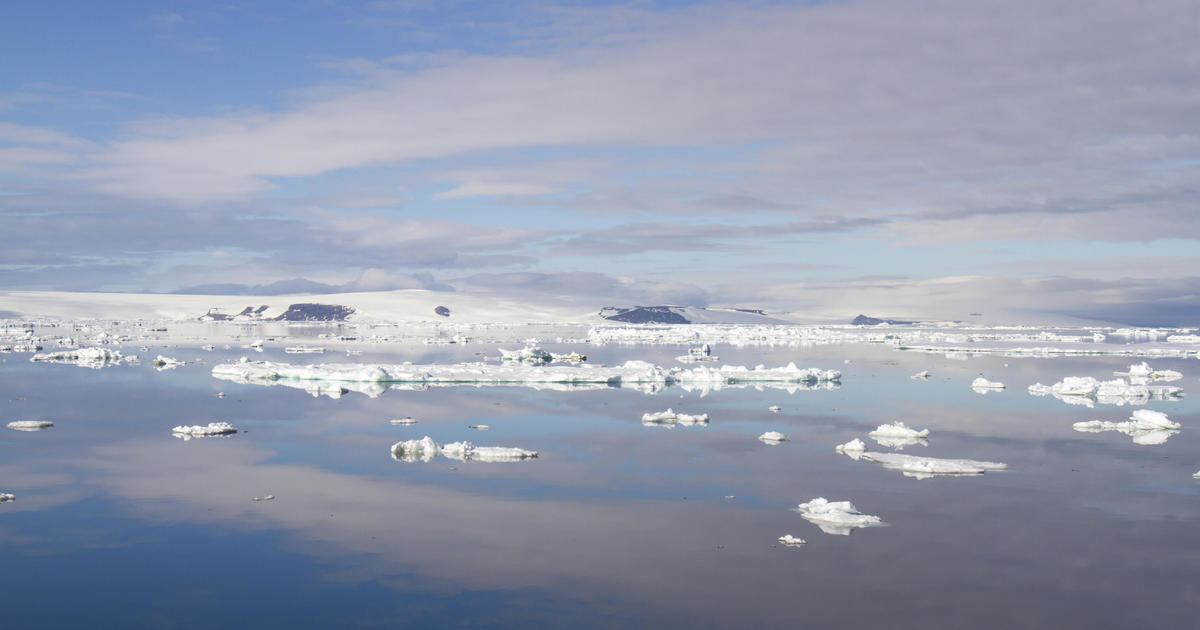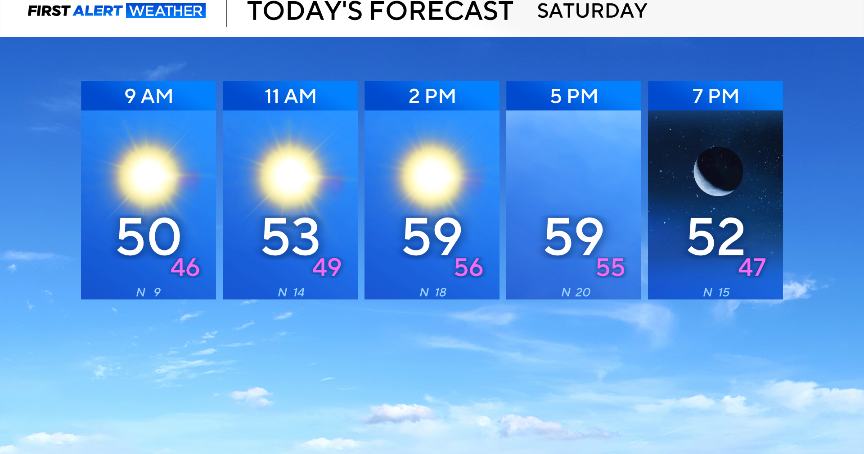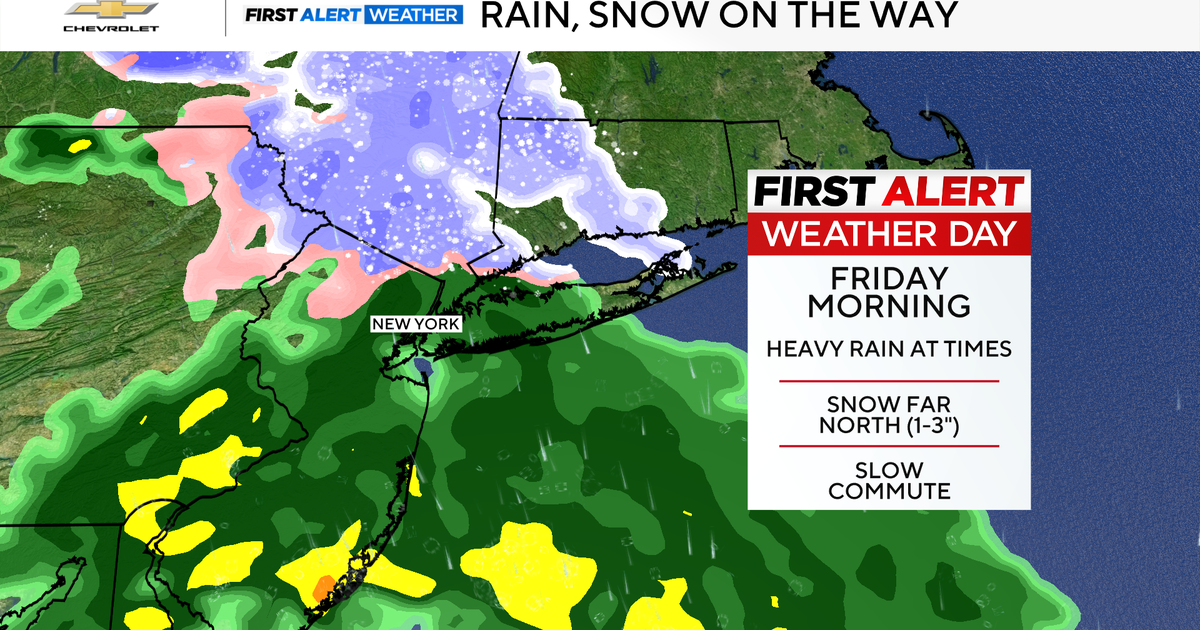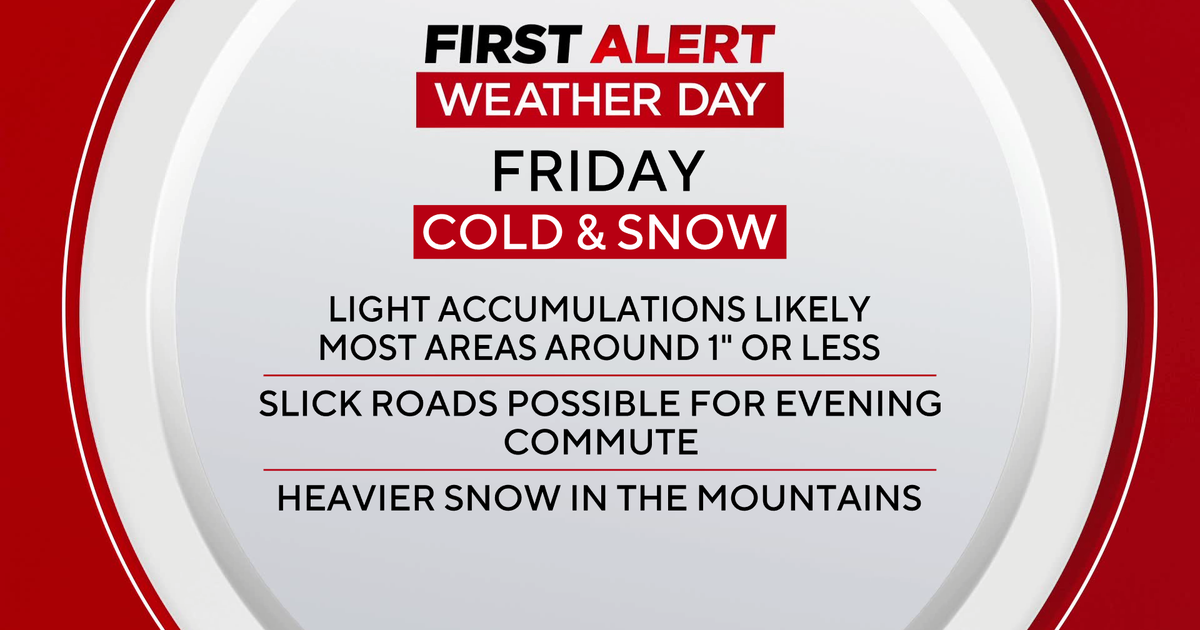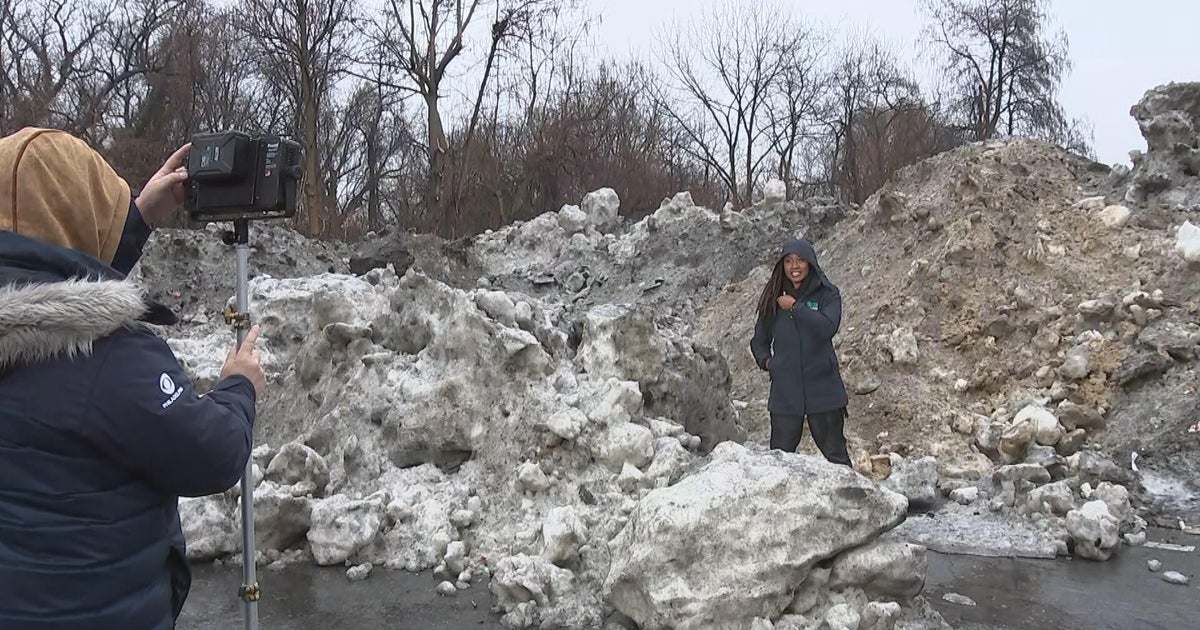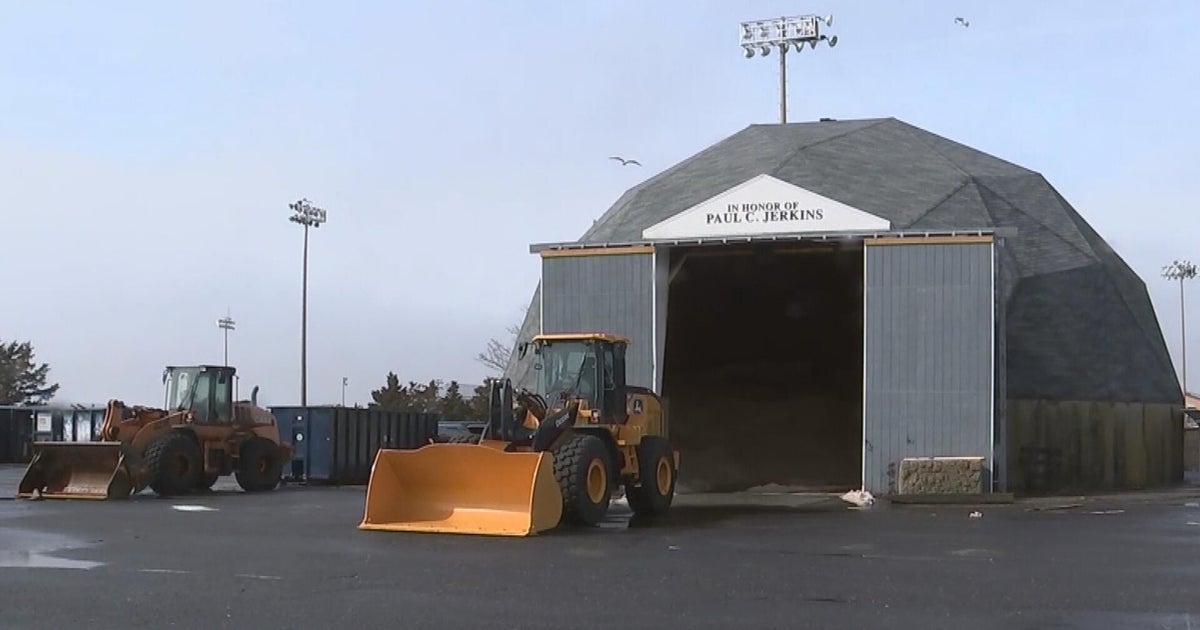Climate Scientists To Lawmakers: Plan For More Extreme Weather
MINNEAPOLIS (WCCO) –There was a rare joint meeting of three Minnesota House Committees on Tuesday, with University of Minnesota scientists warning lawmakers to start preparing for the impact of climate change on the state's economy.
2012 was Minnesota's warmest year on record, surpassing the year before, when Moorhead recorded a heat index of 134 degrees.
"So if you were an alien spacecraft observing planet Earth at 4 p.m July 19, 2011, the hottest point on planet earth would have been Moorhead, Minn.," U of M extension climatologist Dr. Mark Seely said.
Top scientists at the University of Minnesota are warning legislators that extreme weather events are no longer the exception in Minnesota. And that climate change will affect the state in ways unheard of just 10 years ago.
Scientists are urging lawmakers to plan now for economic impacts of more frequent extreme weather. That could have far-reaching effects on everything from the moose population to the wood products industry.
"We're going to have more heat waves, more floods, more droughts," said Peter Reich with the U of M Department of Forest Services. "There will be an increasing frequency of events -- thunderstorms, tornados, wildfires -- that all have direct impact on our forests."
The hearing comes at the same time as a new national report predicting an average temperature rise of 4.9 degrees by 2050.
There's no price tag on fixing or preventing climate change, and some lawmakers at the hearing worried about rushing to spend taxpayer's money on it.
"Is it possible that in an attempt to...halt climate change in our forests, we will alter our forests in a way that will have dire consequences?" asked Rep. Joe McDonald, a Republican representing District 19B.
This year, Minnesota lawmakers will be looking at the impact of climate change on the economy -- that includes agriculture, forest products and water supplies. Lawmakers are also trying to get a handle on where to put state resources to confront, or mitigate, climate change. But there are obstacles in the way. For instance, the population will grow, putting more demand on agriculture for food production.
